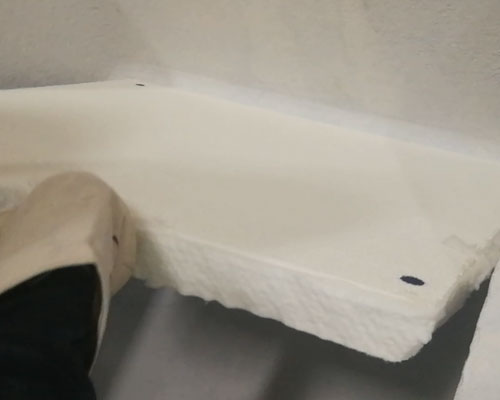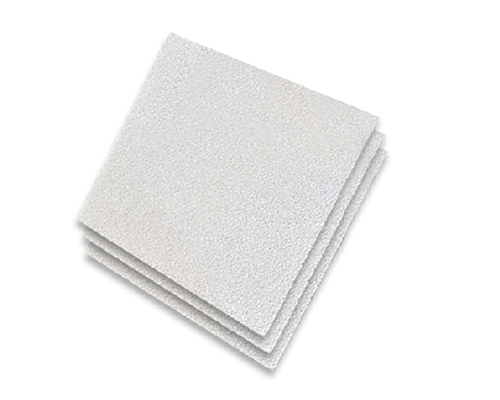With the rapid development of the HILLSIDE aluminum foundry industry, the requirements for the ceramic foam filter molten metal are getting higher.
For more than 20 years, HILLSIDE Aluminum has been playing a key role in South Africa’s aluminum industry.
The aluminum smelter in Richards Bay, KwaZulu-Natal province, about 180 kilometers north of Durban, produces high-quality primary aluminum for the export market.
Part of the liquid metal is supplied to Isizinda Aluminum to support the development of the downstream aluminum industry in South Africa, and Isizinda Aluminum supplies aluminum sheets to Hulamin, a local company that produces products for the domestic and export markets.
The smelter mainly uses alumina imported from Worsley Alumina in Australia to produce high-quality primary aluminum. Hillside’s annual production capacity is approximately 720,000 tons, making it the largest producer of primary aluminum in the southern hemisphere.
Ceramic Foam Filter molten metal filtration technology has been widely used in HILLSIDE Aluminum production, and it has become the simplest and most effective method to improve the mechanical properties of castings and reduce pores and inclusions.
In order to ensure the full filtration of the molten metal, the filter must have a certain pressure head to overcome the obstacle of surface tension. The size of the indenter has a considerable effect on the start-up of the filtration, generally it should be greater than 400 mm, and the indenter for pouring large castings should be correspondingly larger.

The edge of the ceramic foam filter and the filter box should be sealed as far as possible to prevent the loss of molten metal from the gap, which does not achieve the filtering effect.
Before using the ceramic foam filter for HILLSIDE Aluminum filtration, use compressed air to blow away the dust and internal debris on the surface to avoid contamination of the molten metal by impurities. Avoid moisture during transportation and storage, and store in a dry environment. If necessary, bake the filter before use to fully dry the filter. In addition, the filter is a fragile product, so it should be handled with care to prevent damage.

